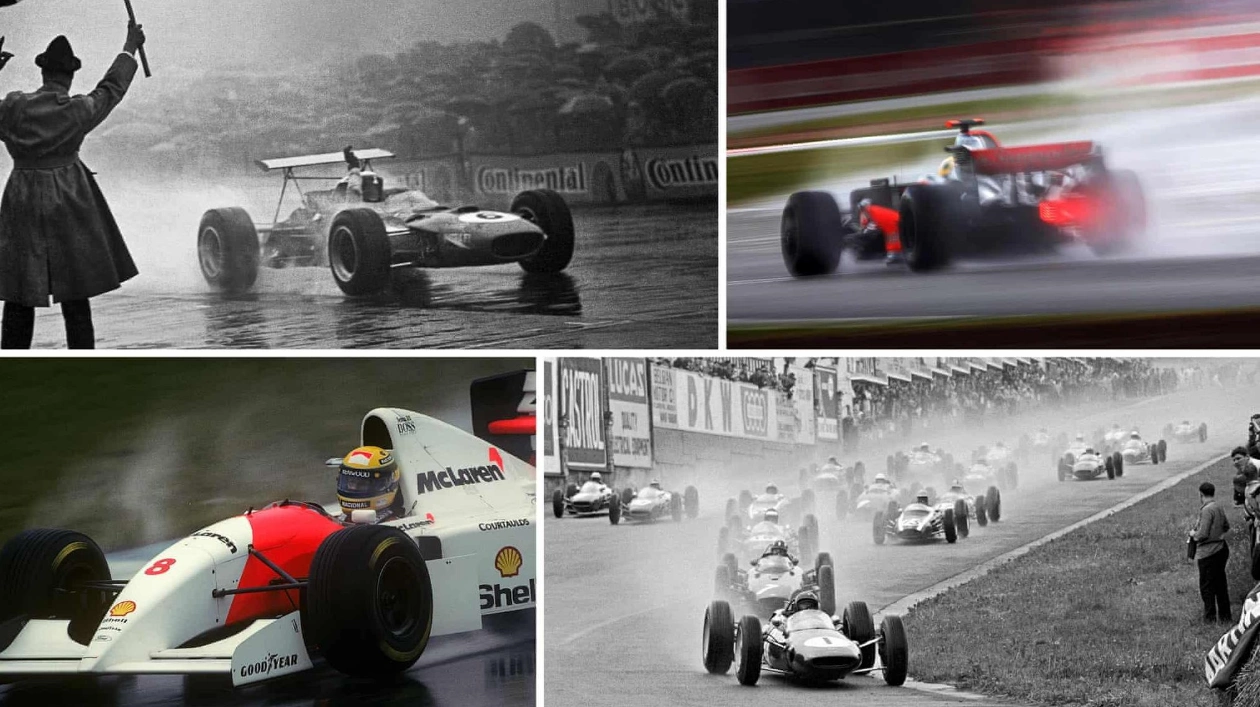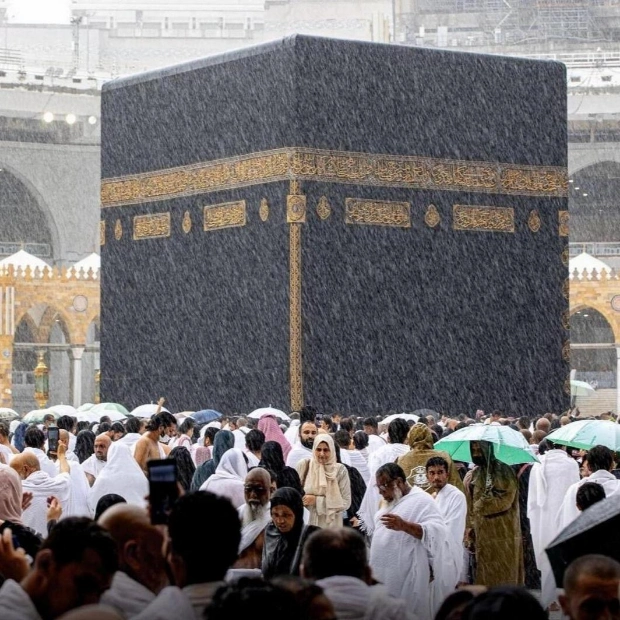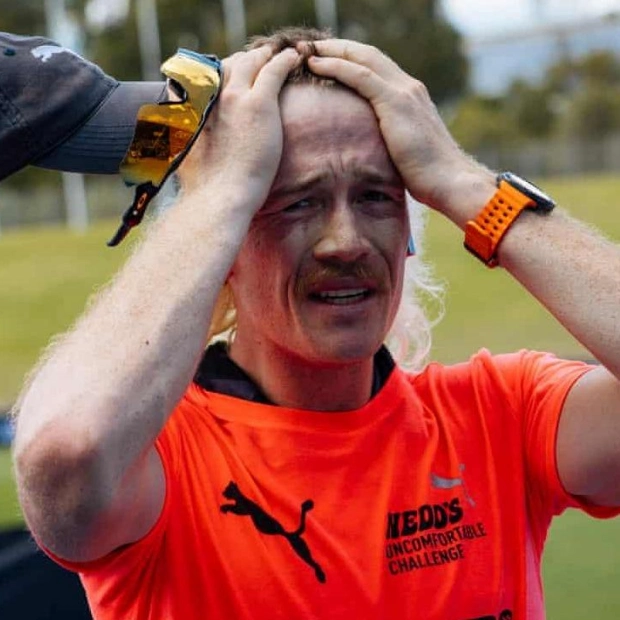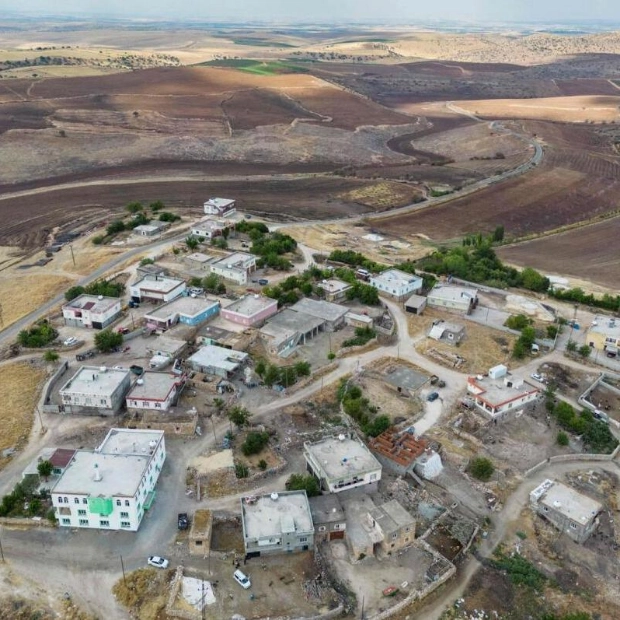Following Max Verstappen's remarkable victory at the São Paulo Grand Prix, starting from 17th position on Sunday, accolades poured in, highlighting his exceptional performance in challenging wet conditions. This race stands out as one of the finest in his career, deserving a place among Formula One's greatest wet-weather drives.
Prior to the race at Interlagos, expectations were modest, focusing on damage limitation. However, when the checkered flag fell with Verstappen in the lead and his title rival, Lando Norris, in sixth place, he had not only secured a famous win but also effectively sealed the world championship. His flawless driving in treacherous conditions left many competitors struggling, while Verstappen maintained an almost supernatural control over his car.
The race's crucial moment came at the start, where Verstappen moved from 17th to 11th on the opening lap. He then executed a series of remarkable passes, mostly late-braking at turn one. His crowning moment was overtaking Esteban Ocon for the lead during a restart, leaving the Frenchman in awe of Verstappen's ability to brake so late yet maintain control.
Unsurprisingly, Red Bull's team principal, Christian Horner, was effusive in his praise, comparing Verstappen's performance to Ayrton Senna's legendary drive at Donington in 1993. Horner noted, “Today was an emotional rollercoaster. Max's mental strength and attitude to deal with that is outstanding and his start was electric. That first lap was up there with Donington 93. I think he passed six cars on the first lap.”
Such comparisons are inherently subjective. Senna himself rated his performance at Estoril in the 1985 Portuguese GP as superior to Donington, where he lapped the entire field except for Michele Alboreto's Ferrari. Other notable wet-weather performances include Lewis Hamilton's victory at Silverstone in 2008, Sebastian Vettel's win at Monza the same year, Jenson Button's triumph from last place at Canada in 2011, and Verstappen's charge from 16th to third at Brazil in 2016.
Historical comparisons, especially across different eras, are challenging. However, Jim Clark's victory at Spa in 1963 sets a high standard for wet-weather brilliance. His win on the old, fearsome 8.8-mile Spa circuit, despite personal fears and a gearbox issue, remains legendary. Clark's magisterial control in rapidly worsening conditions saw him lap the entire field, with only Bruce McLaren finishing within five minutes.
Verstappen considers his 2023 win superior to his 2016 performance because of the championship context. His current peak form was evident in his pace, control, and the precision of his passes, as noted by Esteban Ocon and McLaren's Oscar Piastri. The red flag that allowed a free tire change and the Red Bull's superior performance in the rain played significant roles, but Verstappen's execution was flawless, earning him a deserved place among F1's celebrated wet-weather champions.
Source link: https://www.theguardian.com






